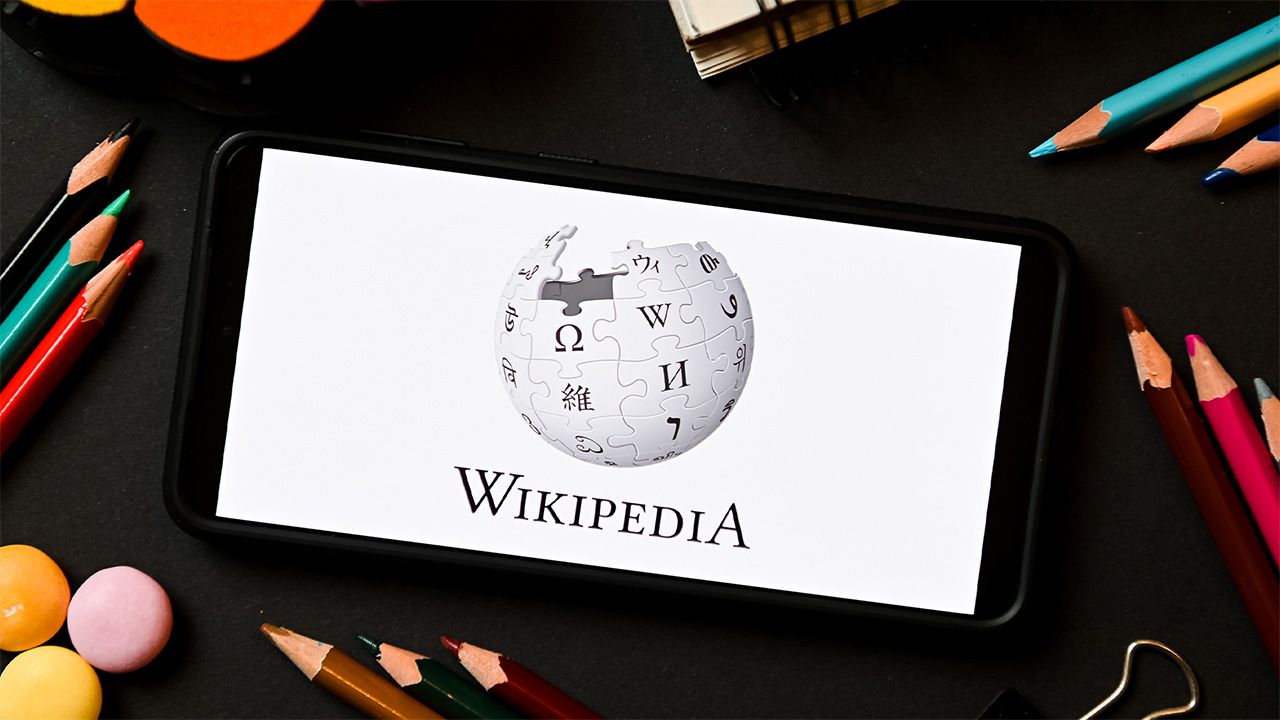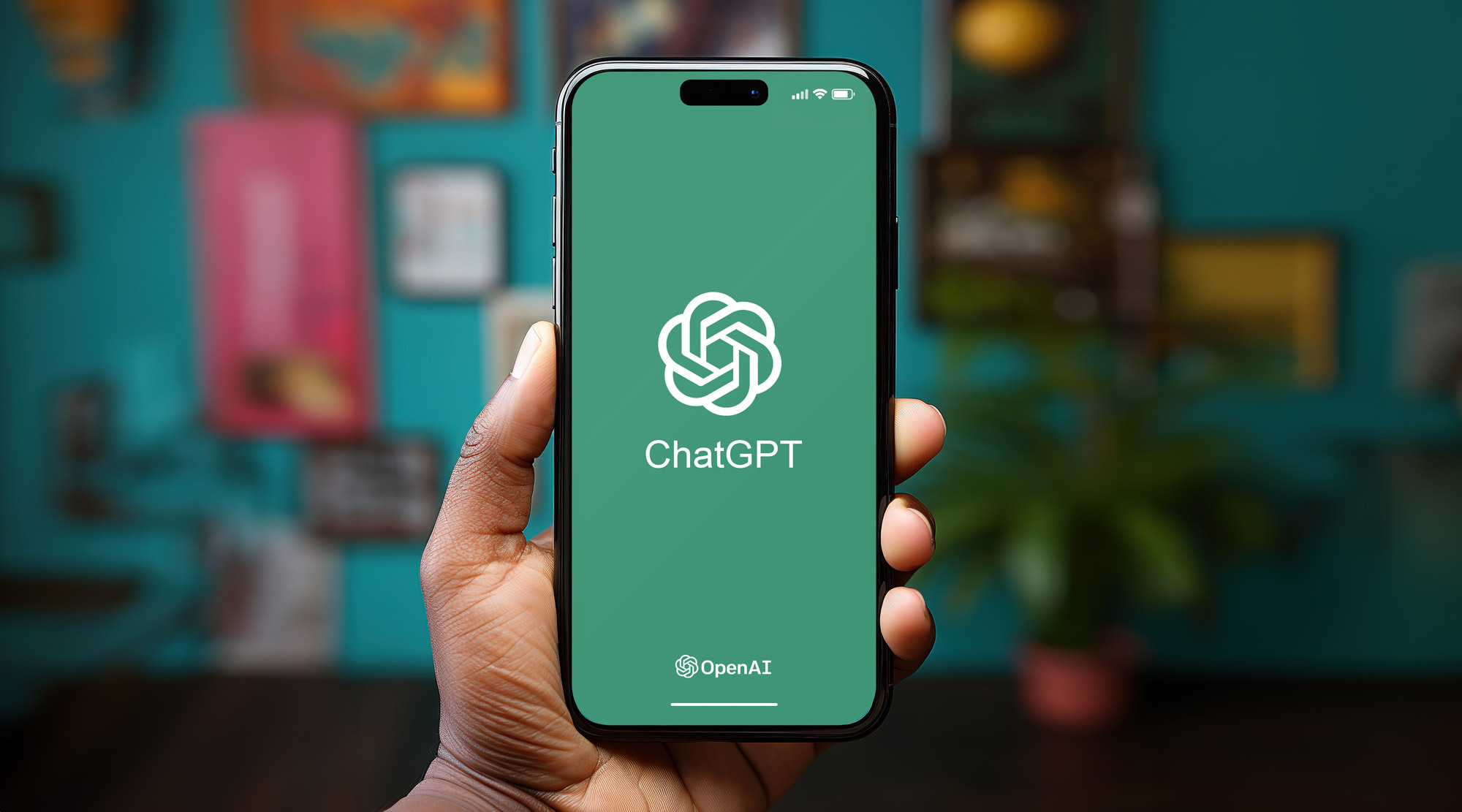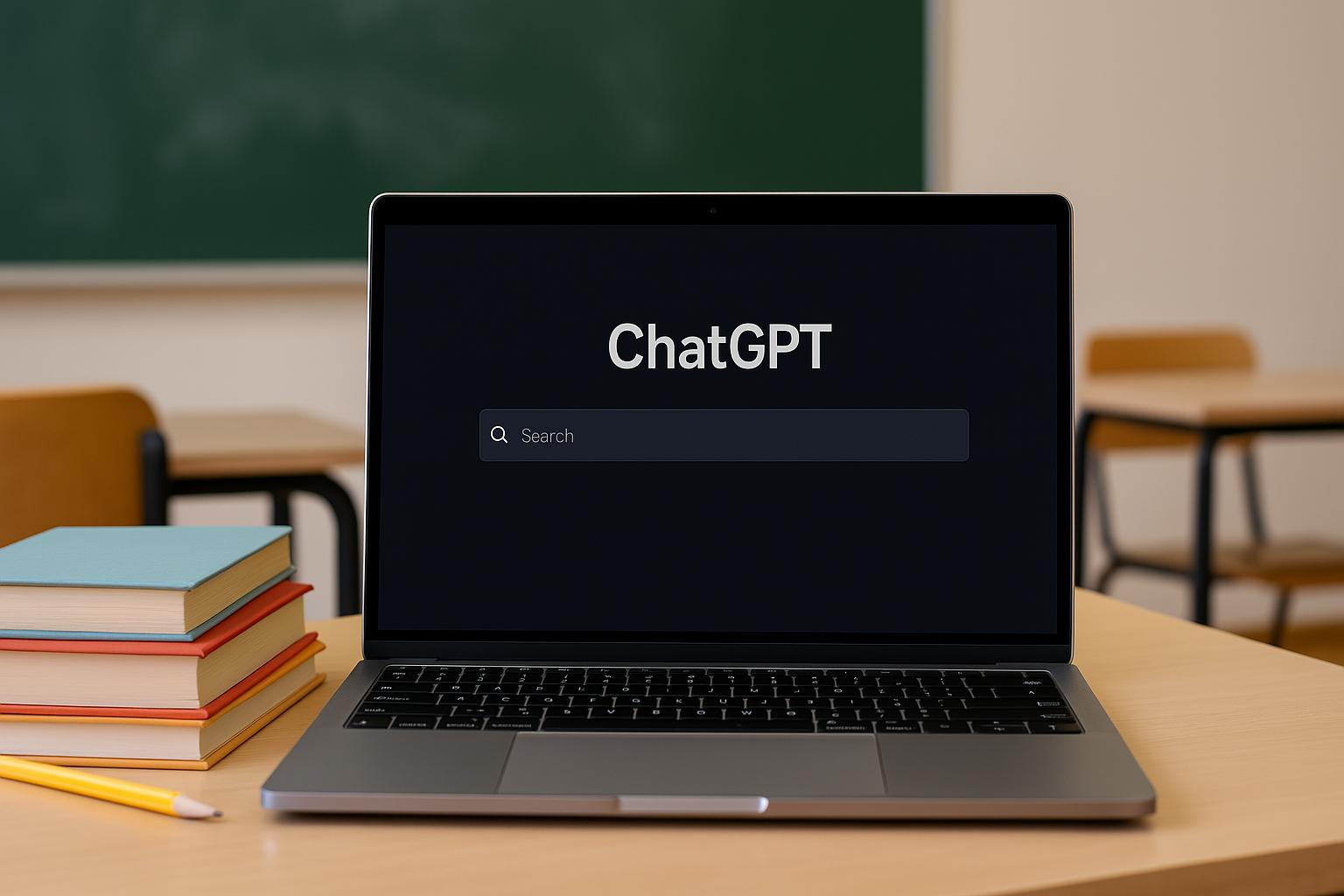
A new study from Columbia Business School (CBS), MIT and Dartmouth suggests that since ChatGPT’s launch, Wikipedia articles resembling ChatGPT’s conversational style have seen steady declines in readership. Edits on the site have also seen a decline.
The study uncovered a shift in how people seek information. When topics can be answered with ChatGPT's quick and friendly style, more users are opting for AI over Wikipedia.
With a simple prompt, hundreds of topics can be researched without needing to turn to Wikipedia. The team in the study used machine learning to label articles as "not ChatGPT-like" or "ChatGPT-like," and then they tracked the readership of each category over time.
Key findings

Traffic decline: Wikipedia pages with a tone consistent with ChatGPT's friendly manner saw a notable drop in traffic. The articles most closely mirroring ChatGPT were most likely less read because users were actually getting the information directly from ChatGPT.
Less editing: There's suggestive, but statistically noisy, evidence that editing activity on these “ChatGPT‑like” articles also decreased.
Selective substitution: Not all articles have been affected. It appears that users are selectively preferring ChatGPT for certain types of content, but still considering other articles more reliable due to Wikipedia's depth and structure.
Why it matters

Wikipedia has been a crowdsourced knowledge engine for almost 25 years. If engagement drops, the platform’s quality and breadth could suffer.
Yet, ironically, that could undermine AI models like ChatGPT, which depend on Wikipedia as one of their foundational data sources.
What this means for you

- AI for quick answers: ChatGPT is fast, conversational, and convenient — ideal for straightforward queries.
- Rich, sourced info: Wikipedia still shines where citations, context, and nuance matter.
- For AI developers and power users: A decline in Wikipedia engagement could shrink the very dataset that models rely on for factual training. Less input could mean more generated output, lacking depth or accuracy.
Bottom line
If you've noticed yourself turning to ChatGPT instead of Wikipedia lately, you're part of a growing shift backed by research. AI is changing out we search for answers online in a number of ways — from browsers to Wikipedia.
As a result, it may reshape the information ecosystem. This does not mean the end of Wikipedia (yet), but it is a reminder that context, community, and credibility are significant; that's something AI cannot replicate.
As online information shifts towards AI for answers, it will be interesting to see how users respond.
Follow Tom's Guide on Google News to get our up-to-date news, how-tos, and reviews in your feeds. Make sure to click the Follow button.







